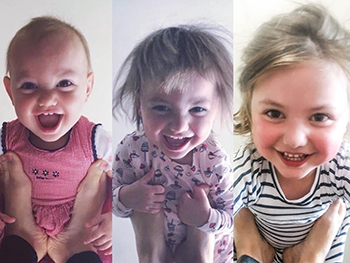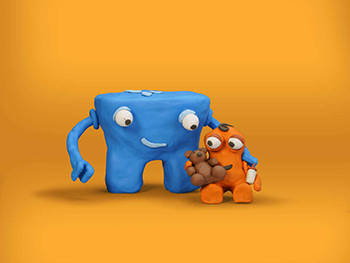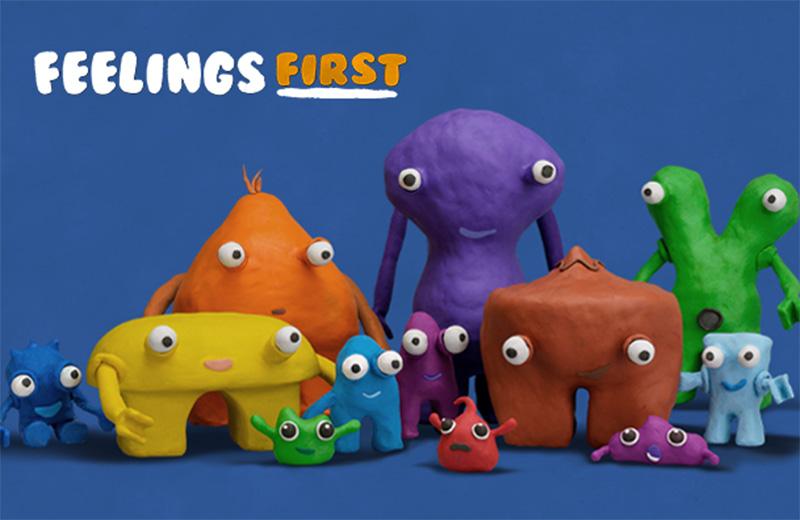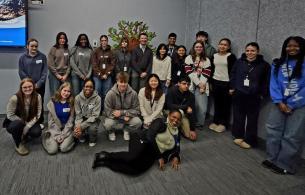Our family communicates through ‘love languages’, one way to understand each other’s unique needs. Responding to love languages help us nurture and strengthen our relationships, especially in the ways we parent our children.
I can already see from her young age of (almost) six years, that my daughter’s primary love languages are physical touch and words of affirmation. Jovie loves hugging, snuggling, and saying “I love you”. If it’s a busy moment, and hugs need to wait, she’ll ask us “do you love me?”. Her daddy and I regularly remind her that we love and adore her, and invite her to help us with whatever is keeping us busy in that moment, like dinner prep or laundry.
The fact that she asks us such a big question tells me just how safe and secure she feels in our love. When we pause what we’re doing and play with her (queue piggyback, airplane, and horsey rides), we’re reminded just how important it is for us to prioritize connection. In other words, we are putting Jovie’s feelings first through a loving, trusting, and nurturing relationship, and working each day on being present parents.

Social and emotional development is paramount
There’s so much information out there about child health and well-being, that it can feel overwhelming for some parents and caregivers. To help navigate one important topic – social and emotional development (SED) – a brand new campaign launched called Feelings First. This multi-platform campaign focuses on SED in the early years, an important aspect of early child development.
Feelings First works by:
- Sharing engaging messages on various social media platforms by 60+ organizations across BC
- Spreading awareness about the importance of SED
- Sparking conversation about how parents and caregivers can foster early child development in practical, real-life ways
Who is this campaign for?
Feelings First is for everyone! The information is applicable to:
- Parents and caregivers – to support British Columbians who care for children aged 0-5 years in learning about and implementing SED into their daily lives
- Early years providers – to supply learning tools and a standardized framework for further education on the topic of SED in the early years to share among their families and colleagues
- Public at large – to encourage everyone (including health and allied service providers, grandparents, aunties, uncles, and anyone with connection with children) to consider the role of SED in the early years, in an effort to draw greater attention to this topic
The Messages

There are four major themes of focus in Feelings First:
- Parent-child connection and relationship building; including being present, providing touch, and respecting identity
- Encouraging and modelling positive behaviours; including inspiring kindness, encouraging play, and celebrating differences
- Language and communication; including communicating early, talking about feelings, and discussing gender
- Stress relief; including creating routines, building resilience, and caring for yourself as the parents and caregivers
Join the conversation
Keep an eye out for these cute clay creatures and follow the campaign! Learn about how to put your child’s Feelings First, and share this information with your friends, family, and network:
- Feelings First website
- Instagram and Twitter @feelingsfirst.ca
- Facebook: Feelings First
- Have questions? Email info@feelingsfirst.ca














Comments